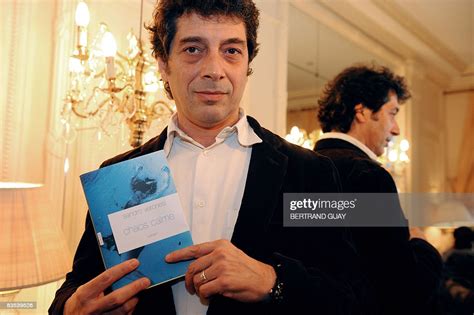A Quote by Martin Seligman
It's my belief that, since the end of the Second World War, psychology has moved too far away from its original roots, which were to make the lives of all people more fulfilling and productive, and too much toward the important, but not all-important, area of curing mental illness.
Related Quotes
I think mental illness or madness can be an escape also. People don't develop a mental illness because they are in the happiest of situations, usually. One doctor observed that it was rare when people were rich to become schizophrenic. If they were poor or didn't have too much money, then it was more likely.
Losing so many patients certainly was difficult, but it didn't make me feel like a failure as a physician, because I had learned that there was so much more to being a physician than curing illness. That's not the most important thing we do. The most important thing we do is enter into the suffering of others.
I don't make records for this medium with which we're going to sell it. The selling of it can never be more important than what you're actually making. There's too much of that in the world - in everybody's world, not just in music. There's too much, "Are you hip to this kind of stuff?" "Hey, this is cool." "Are you hip to it, because this is what we're selling today?" I think it's bullshit.
The important thing to remember, if you are trying something that is an innovation, is not to think too much about it. Because if you take too long, by the time you get there, the world will have changed. You take a risk, and if it doesn't work, you make a change. We are not betting our lives on it.
Is it not tragic, for example, that while in the last World War almost everyone believed it was the war to end all wars and wanted to make it so, now in this Second World War almost no writer that I have read dares even suggest that this is the war to end all wars, or act on that belief? We have lost the courage to hope.
The difference in the quality of medical care received by people with mental illness is one of the reasons why they live shorter lives than people without mental illness. Even in the best-resourced countries in the world, this life expectancy gap is as much as 20 years. In the developing countries of the world, this gap is even larger.






































